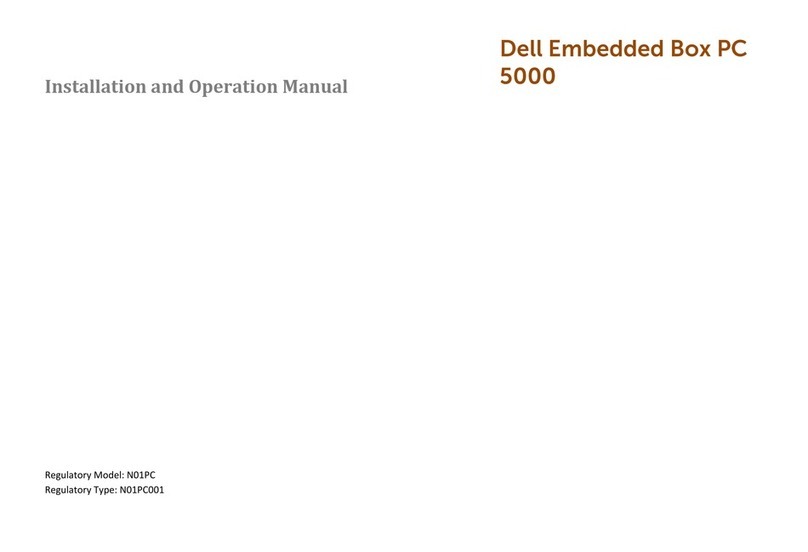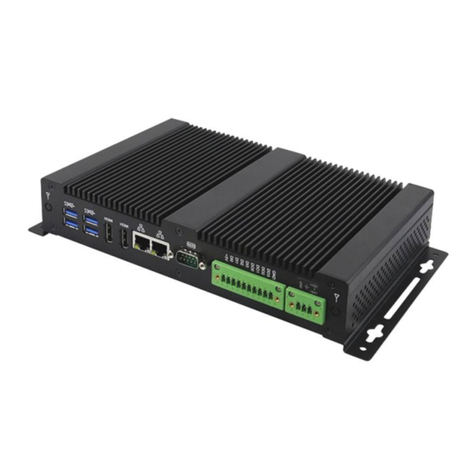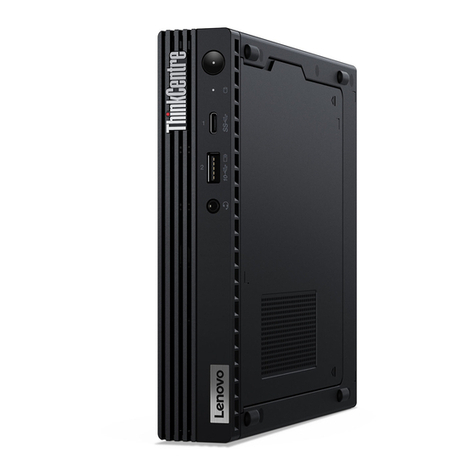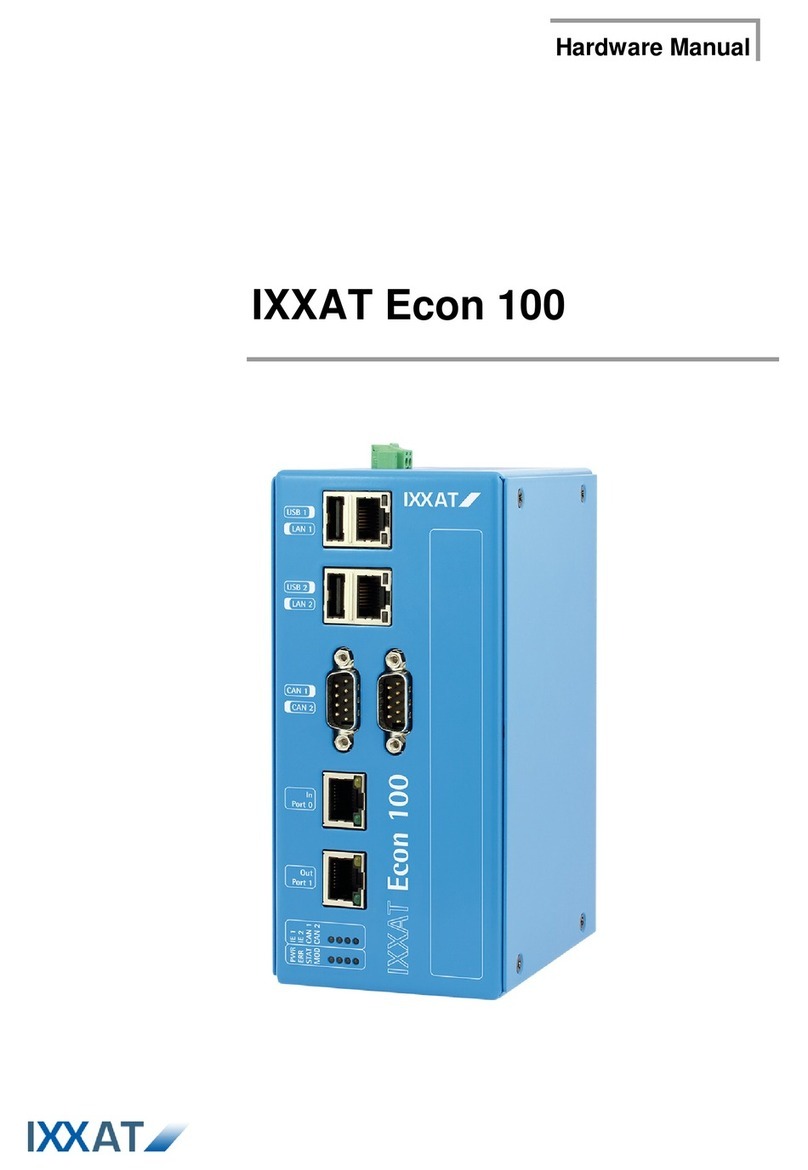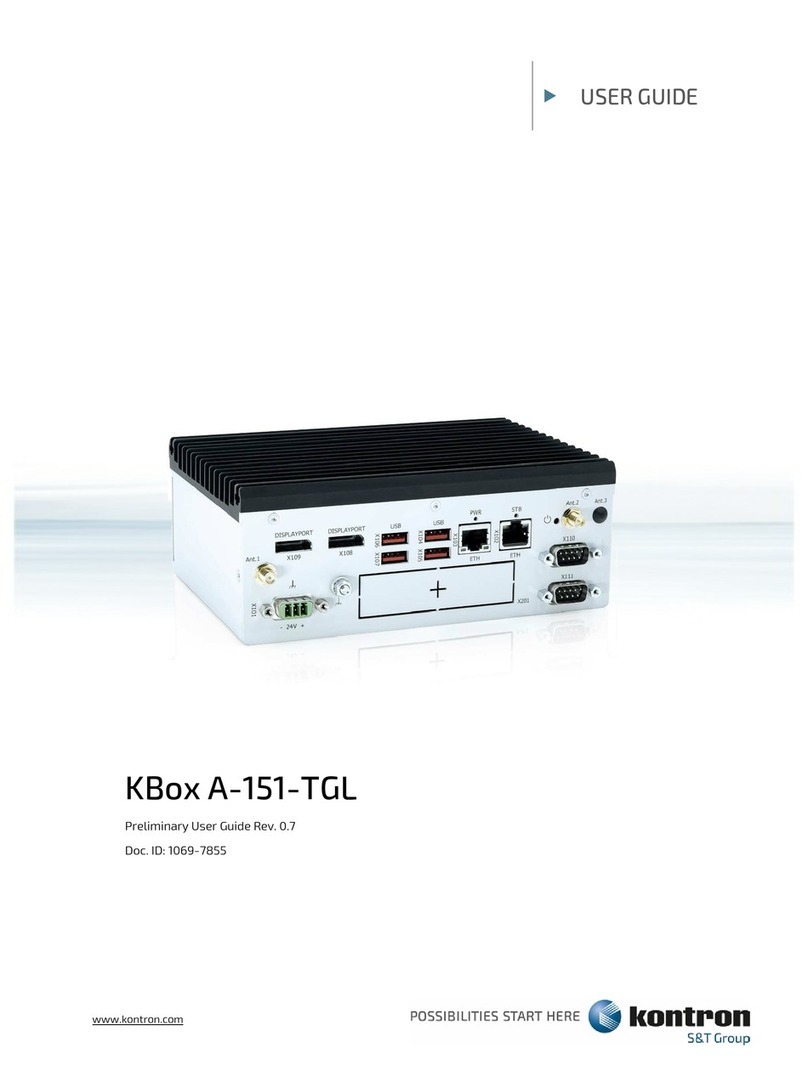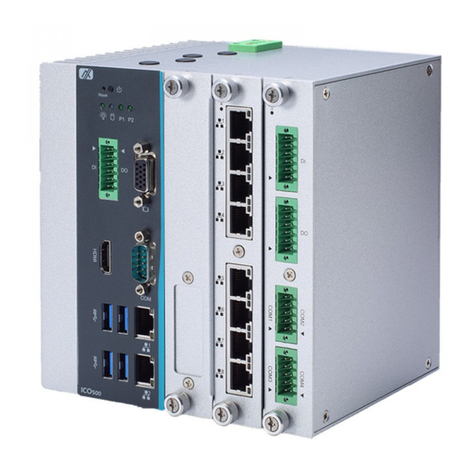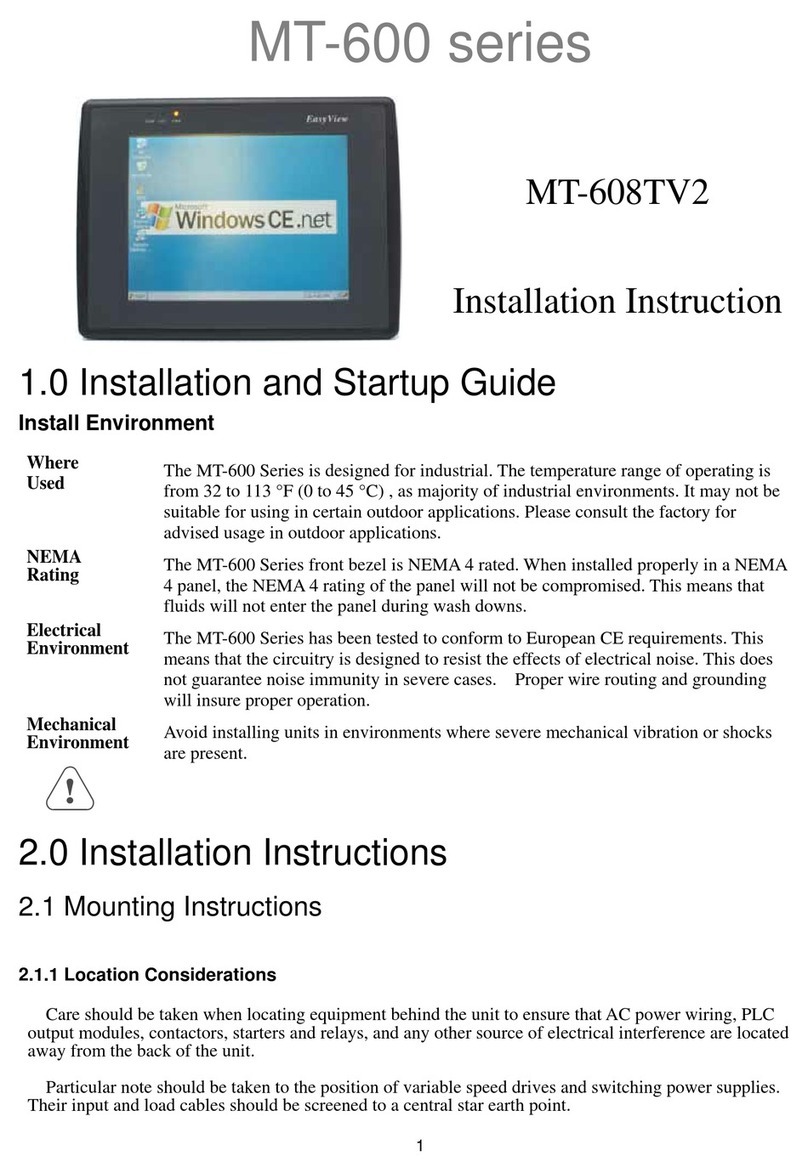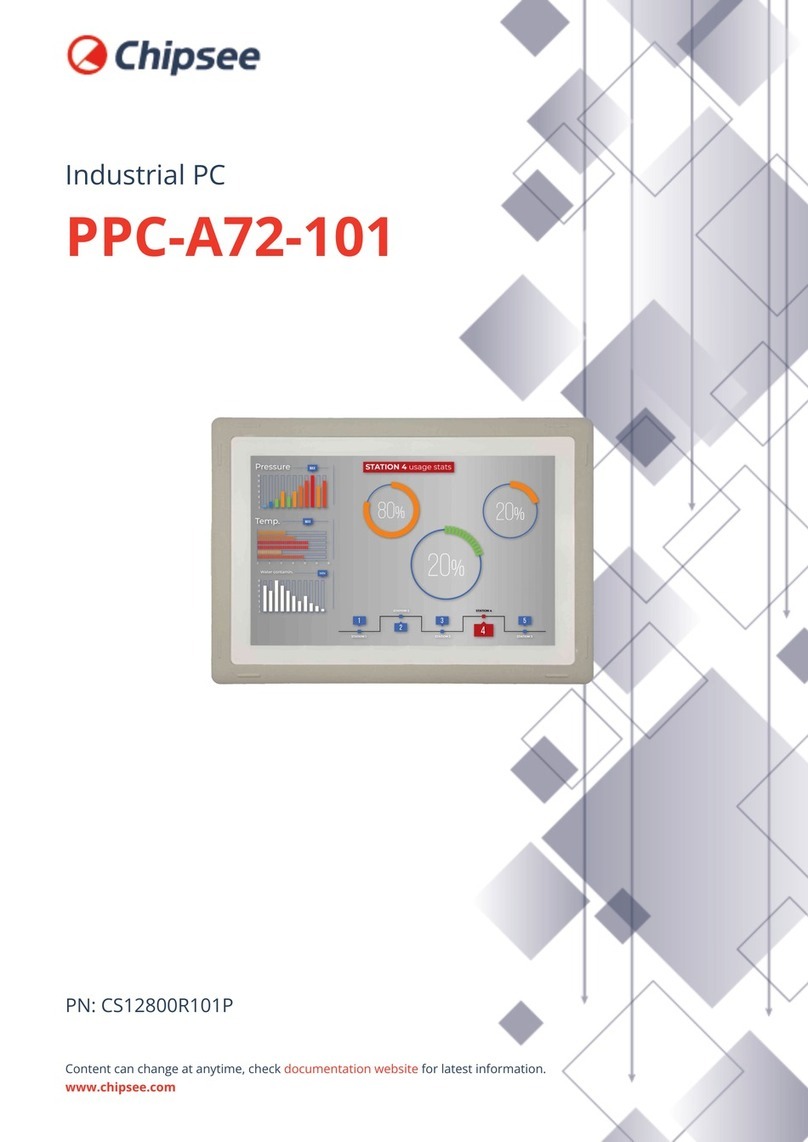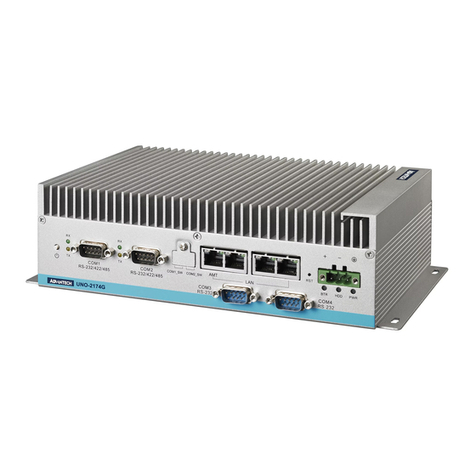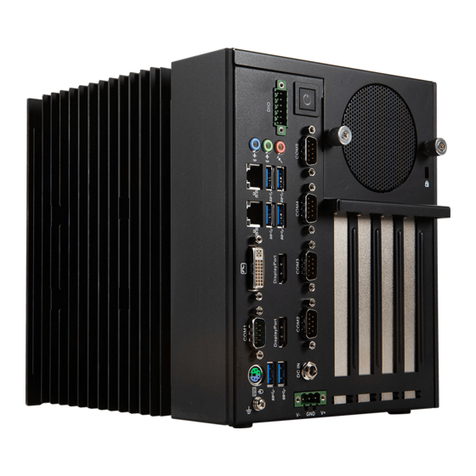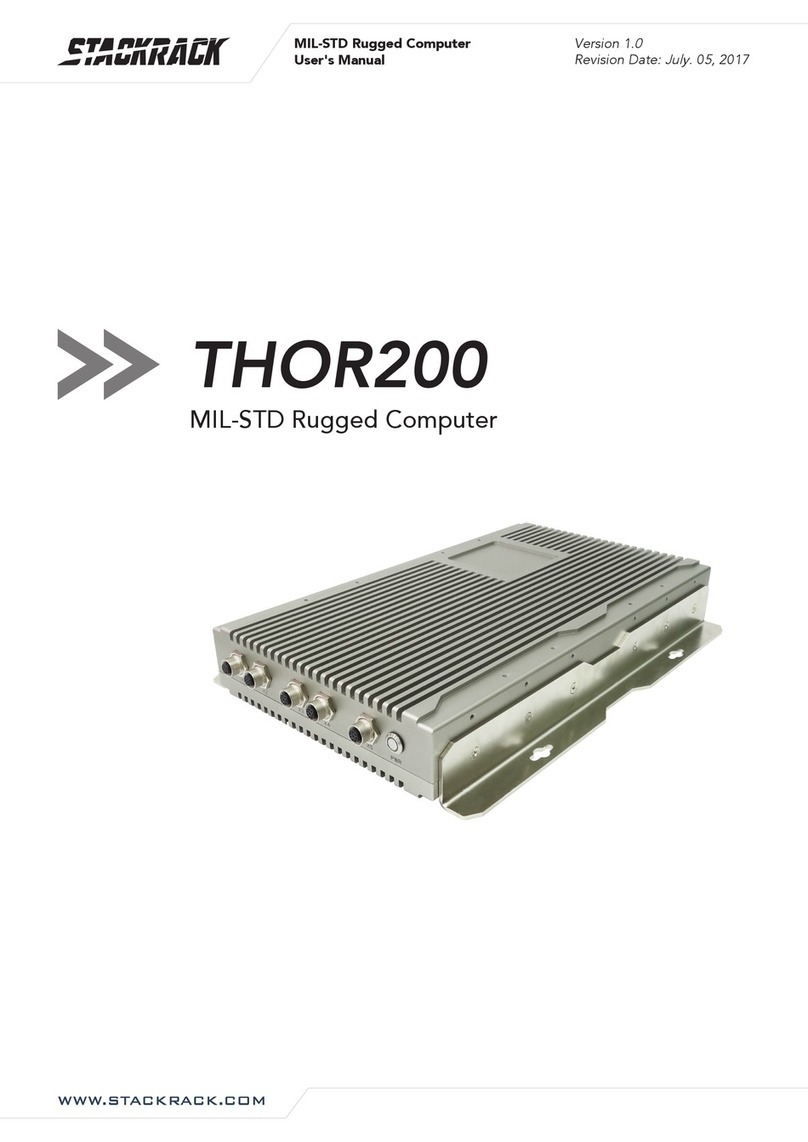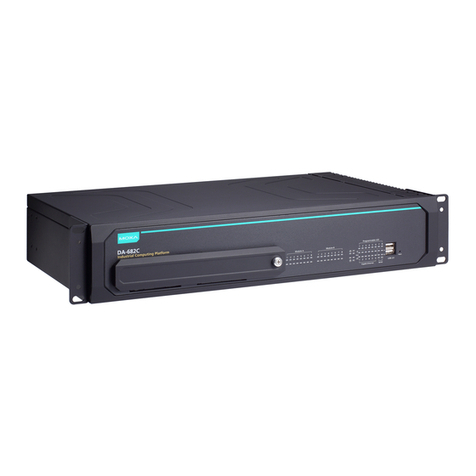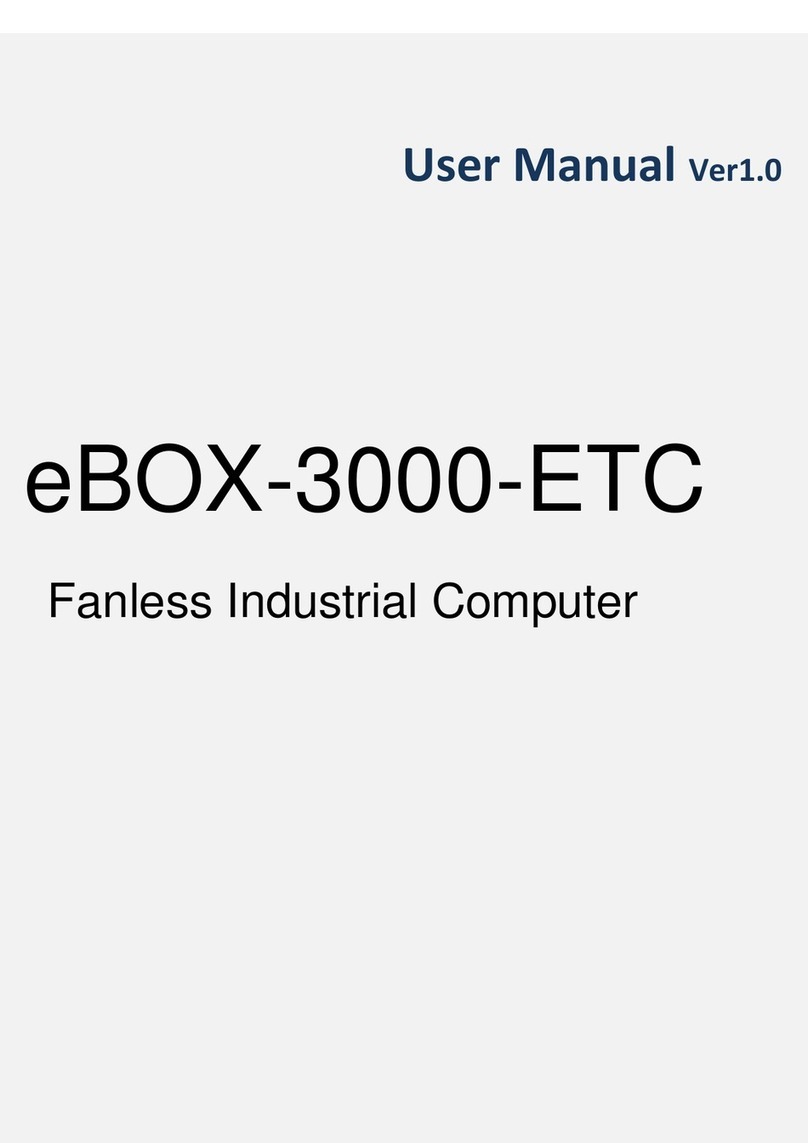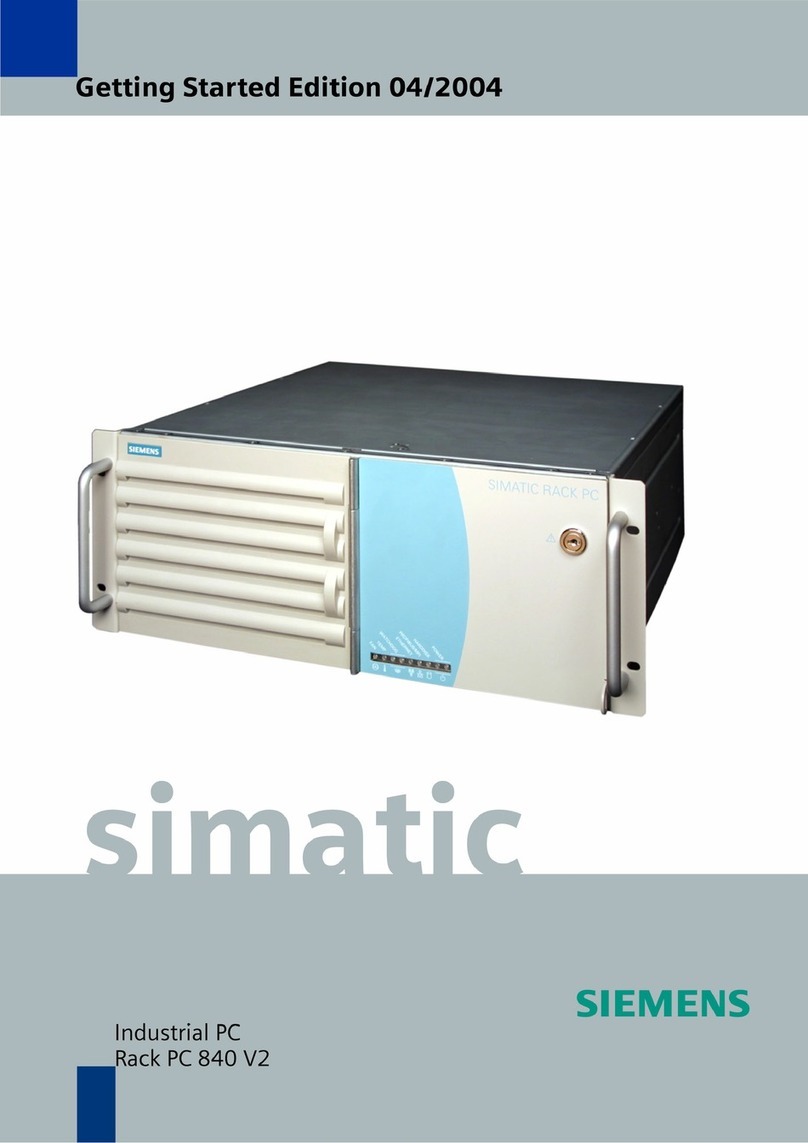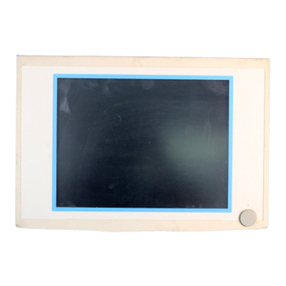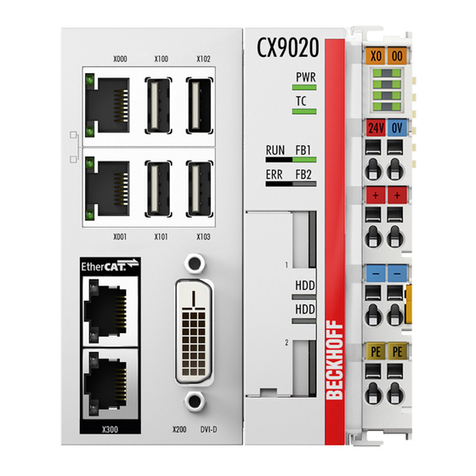
3
Caution
Supply Voltage
Condition
Do not power the MT-600 and inductive DC loads, or input circuitry to the
controller, with the same power supply. Note: The 24 VDC output from
some controllers may not have enough current to power the MT-600.
Caution
Wire Routing Wire lengths should be minimized (Maximum 1600’ (500 m) shielded,
1000’ (300 m) unshielded).
Wires should be run in pairs with a neutral or common paired with a hot or
signal line.
If wiring is to be exposed to lightning or surges, use appropriate surge
suppression devices.
Keep AC, high energy, and rapidly switching DC wiring separate from
signal wires.
Equip ungrounded DC supplies with a resistor and capacitor in parallel to
earth ground. This provides a path for static and high frequency dissipation.
Typical values to use are 1MOhm and 4700pF.
Connection To make a connection, strip about 3/8” of insulation off the end of the wire,
turn the connector screw counterclockwise until the gap is wide open, insert
the wire all the way in, and turn the screw clockwise until it’s tight.
Connect positive DC line to the ‘+24V’ terminal and the DC ground to the
‘0V‘ terminal.
2.2.2 Grounding Requirements
Chassis ground must be used. DC ground is not directly coupled to Earth
ground internally. It is preferable not to ground DC negative return to chassis
ground as poor site earths can introduce noise into a system, but if necessary
an earth connection should be made, from the power supply return point to
the central star earth point. Ground conductors should be as short and as large
in size as possible. The conductors must always be large enough to carry the
maximum short circuit current of the path being considered. Ground
conductors should be connected to a tree from a central star earth ground
point. This ensures that no ground conductor carries current from any other
branch.
2.2.3 CE Requirements
To make an MT-600 comply with EMC directives, and to reduce susceptibility to electrical
interference, a separate #14 AWG ground wire should be taken to the chassis ground terminal of the
power connector. This ground connection should be run directly to the central star earth connection
point (as recommended in most Installation Instructions).
2.2.4 Safety Guidelines
This section presents recommended installation practices, and procedures. Since no two
applications are identical, these recommendations should be considered as guidelines.
Hardware
Considerations WARNING!
The system designer should be aware that devices in Controller systems could
fail and thereby create an unsafe condition. Furthermore, electrical
interference in an operator interface, such as an MT-600, can lead to
equipment start-up, which could result in property damage and/or physical
injury to the equipment operator.
If you, or your company, use any programmable control systems that require
an operator or attendant, you should be aware that this potential safety hazard
exists and take appropriate precautions. Although the specific design steps
de
end on
our
articular a
lication, the followin
recautions
enerall
